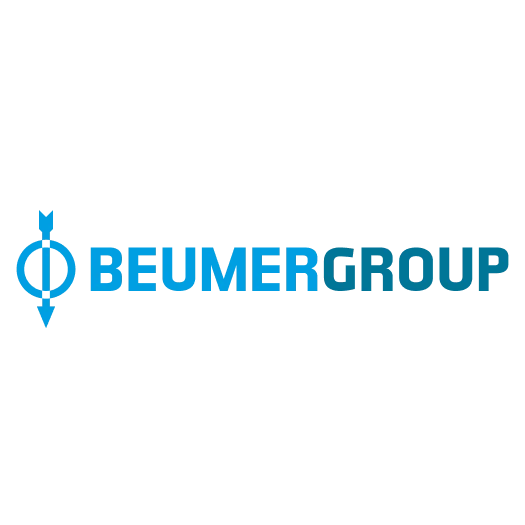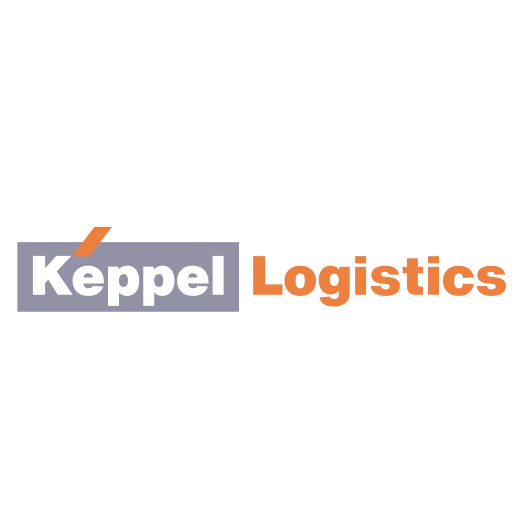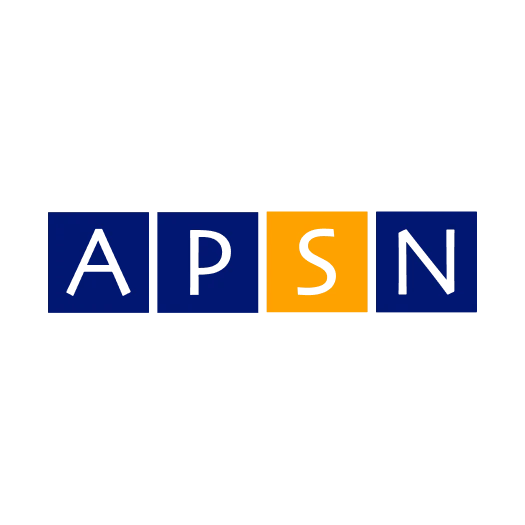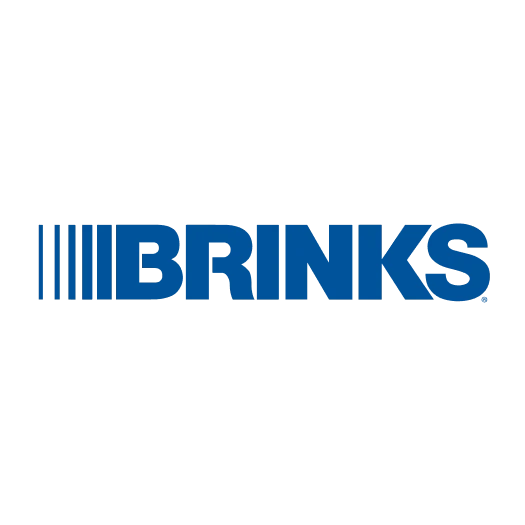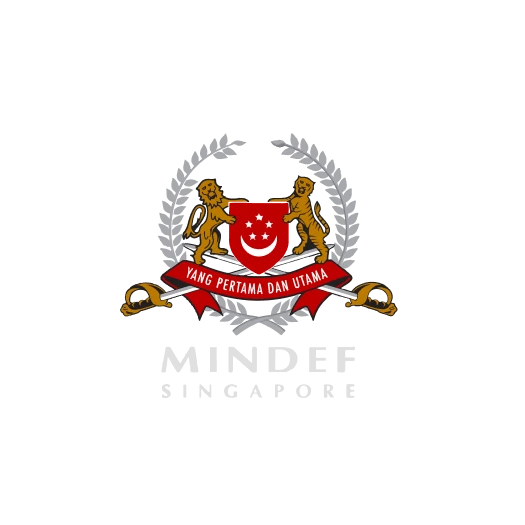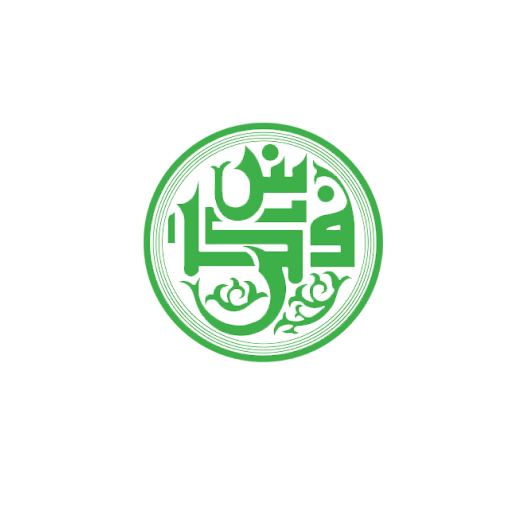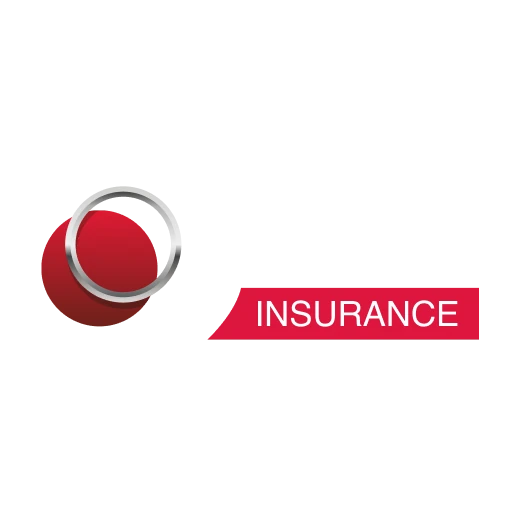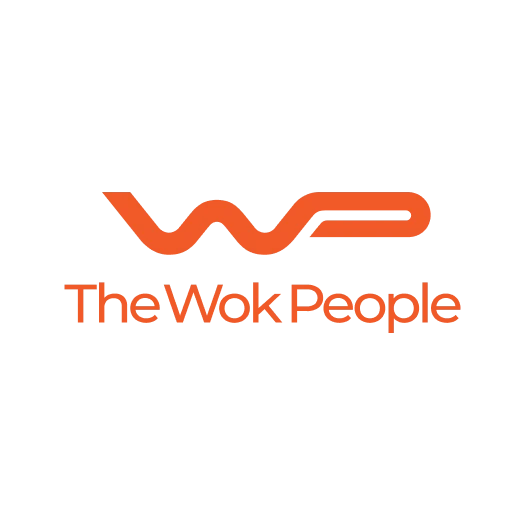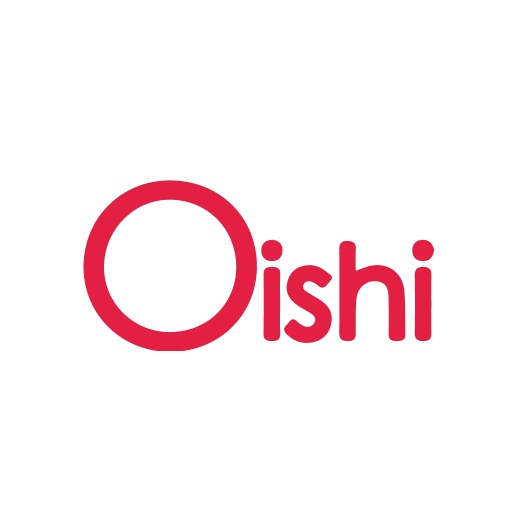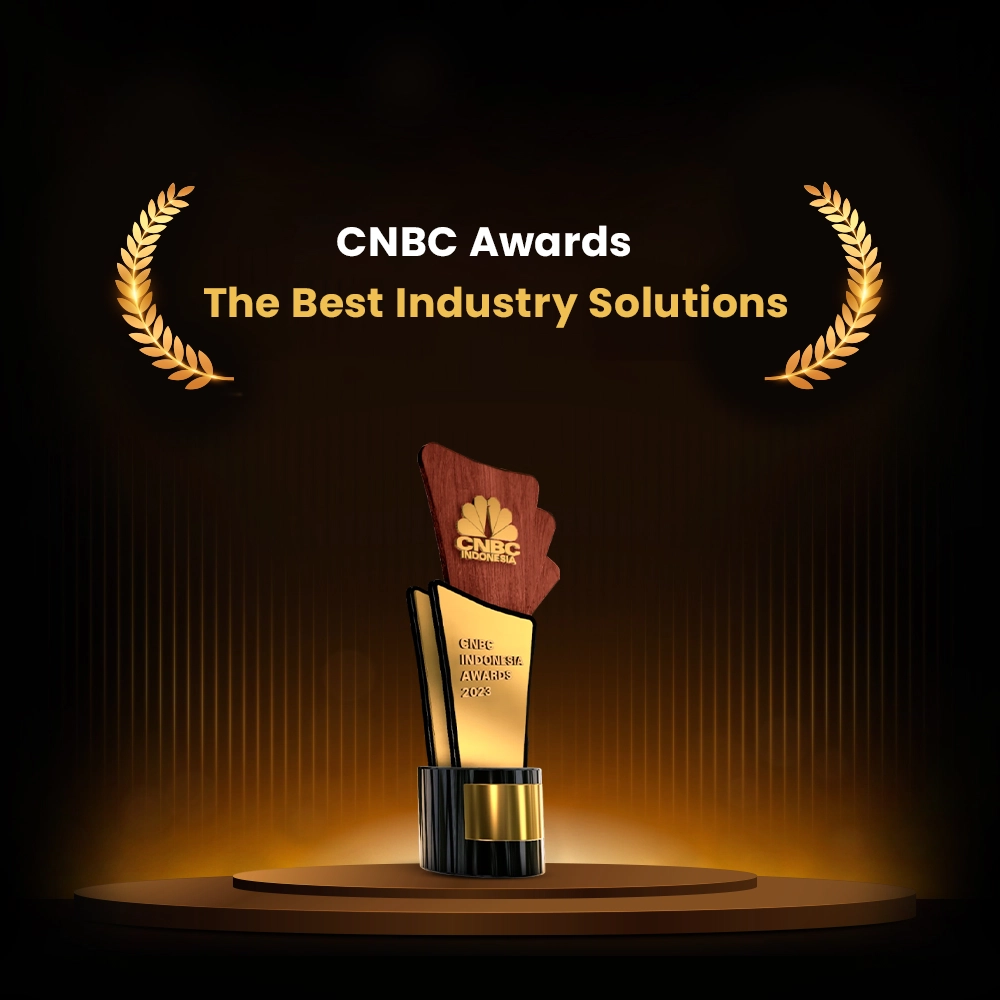What Is
Customer Relationship Management (CRM System)?
CRM stands for Customer Relationship Management. It is a strategy and technology used by businesses to manage and analyze customer interactions and data throughout the customer lifecycle, with the goal of improving business relationships with customers, assisting in customer retention and driving sales growth. CRM systems typically include a combination of software and techniques for managing, automating, and analyzing customer interactions, such as marketing, sales, and customer service.
CRM systems can also help businesses to better understand their customers' needs and preferences, which can in turn help businesses to create more personalized and effective marketing campaigns, sales pitches, and customer service experiences. Additionally, CRM tools can be used to track and analyze customer data, such as purchase history, demographics, and communication preferences, to help businesses identify patterns and trends in customer behavior. This information can then be used to make more informed decisions about how to best target and interact with customers. Overall, CRM tools is essential for any business that wants to improve its interactions with customers and drive growth.


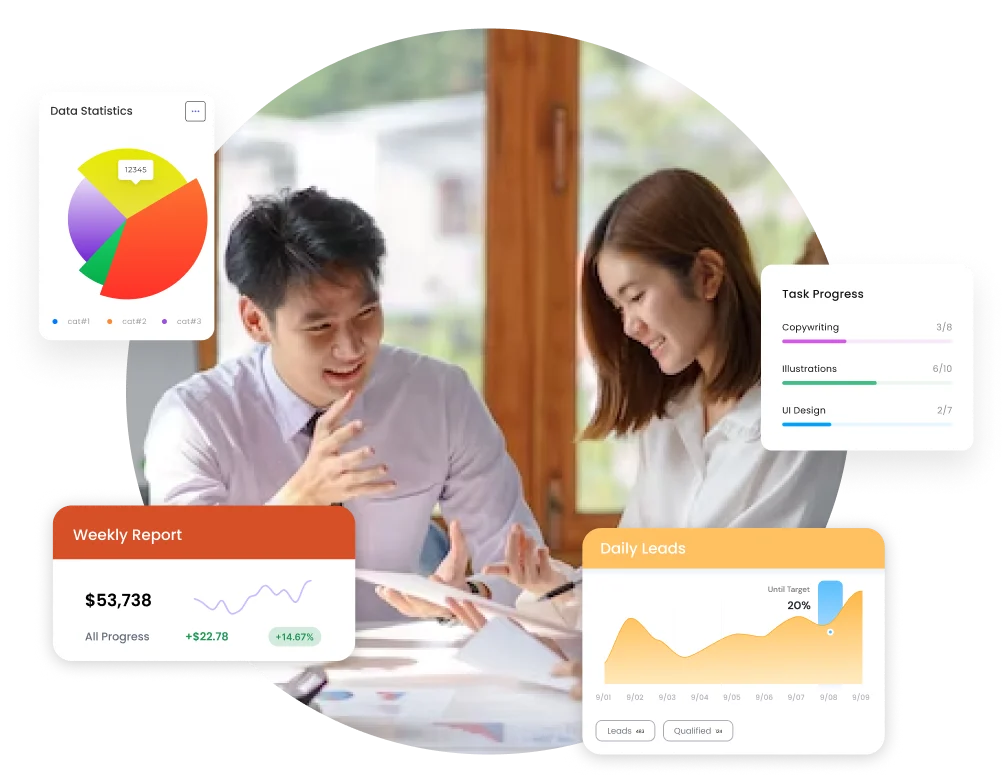
.webp)
.webp)
.webp)
.webp)
.webp)
.webp)

